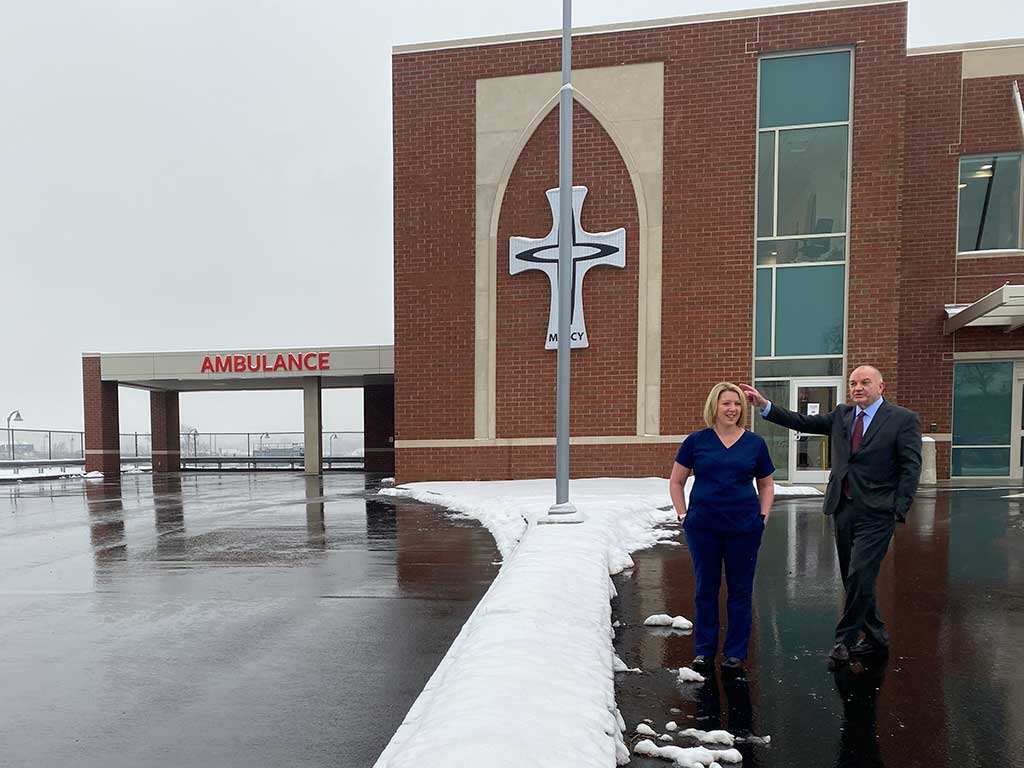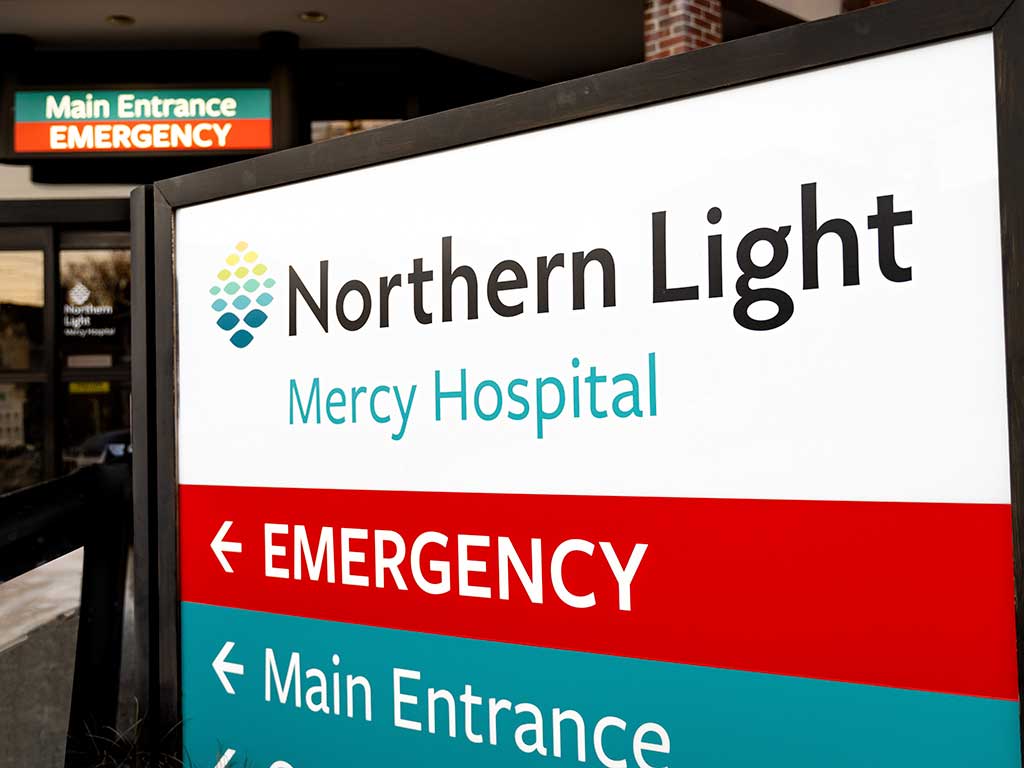By Dr. Karin Cole

Dr. Cole is a board-certified general surgeon and fellowship-trained surgical oncologist at Portland Surgical Associates, a practice of Mercy Hospital.
More than 50,000 Americans die each year from colorectal cancer. Fortunately, the disease is highly preventable, and knowing what to do could save your life.
As a medical student, I remember being taught an interesting way to think about disease. Most of the conditions we treat as doctors — like heart disease, high blood pressure, or diabetes — can’t really be cured. They can only be managed to try to prevent complications.
Diseases that can be cured generally fall into one of three groups. Most infectious diseases are cleared by the immune system or with help from antibiotics. The second group is surgical disease. If an afflicted part can be removed, repaired, or replaced, then the disease can be eradicated. And the third is cancer.
Surprised? If so, it’s probably because we hear a lot about the need to find a cure for cancer. While it’s true that more research is desperately needed to achieve more cures for more patients, it’s also true that many cancers can be cured right now, in 2018, with the treatments we already have available.
The key to a treatment’s success, in most cases, is detecting curable cancers early.
Many cancers have no symptoms, especially in the early stages. This is true of the most common cancers, such as colon or breast. Thankfully, however, these diseases have reliable screening tests that can be performed to find malignancy in its early, curable stage. In some cases, screenings can prevent a cancer from developing in the first place.
As March is colorectal cancer awareness month, let’s take a closer look at this preventable disease. According to American Cancer Society estimates, there were over 95,000 new cases of colon cancer and almost 40,000 new cases of rectal cancer diagnosed in the United States in 2017, including 710 cases in Maine.
Despite these large numbers, there is a silver lining. Most patients with early stage disease will be cured, often with surgery alone. In fact, the five-year survival rate for stage I colon cancer is 92%, and it’s 87% for stage IIA. But it’s important to know that these favorable odds depend on early detection, and early detection requires screening.
Current guidelines recommend that adults begin screening for colorectal cancer at the age of 50, or earlier if they have family members with the disease. While there are a variety of ways to screen for colorectal cancer, including less invasive tests, colonoscopy remains the gold standard. Your primary care doctor is an excellent resource to help you navigate the screening options available to you.
Ultimately, the best screening test is the one that gets done. And it may just save your life.





